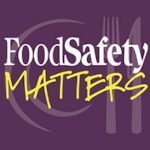
Food Safety Matters
Food Safety Matters is a podcast for food safety professionals hosted by the Food Safety Magazine editorial team – the leading media brand in food safety for over 20 years. Each episode will feature a conversation with a food safety professional sharing their experiences and insights of the important job of safeguarding the world’s food supply.
Subscribe to this PodcastNew episodes are posted twice a month.

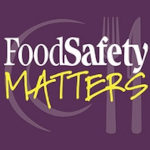
1:03:36
DownloadEp. 28. Bob Brackett: Innovation and Research at IIT & IFSH
00:0000:0000:00
00:00
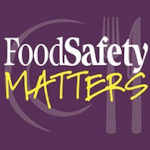
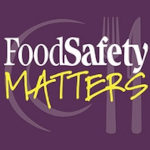
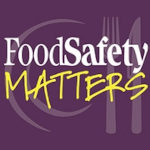

1:10:12
DownloadEp. 24. Melanie Neumann: Getting Ready for Your FSMA Inspection
00:0000:0000:00
00:00
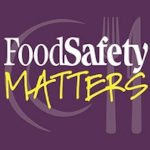
Never miss the latest news and trends driving the food safety industry
eNewsletter | Website | eMagazine
JOIN TODAY!Copyright ©2025. All Rights Reserved BNP Media.
Design, CMS, Hosting & Web Development :: ePublishing



